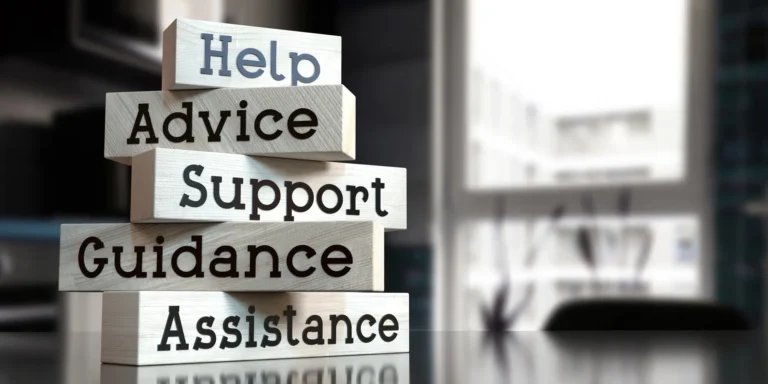Why the Mediation Process Is a Better Option
Mediation gives you more control, privacy, and flexibility than going to court. It allows you and your spouse to create solutions that fit your family instead of relying on a judge’s decision. For most families, Mediation saves time, money, and emotional stress while helping preserve respect between both parties. What Makes Mediation Different In Mediation, you and your spouse work together with a neutral mediator to reach agreements on important issues such as custody, support, and property division. Instead of preparing for a public courtroom battle, you can talk through your concerns privately and focus on finding common ground. Court cases often take months or even years to finish, and by the time a judge issues an order, the situation may have already changed. In…










